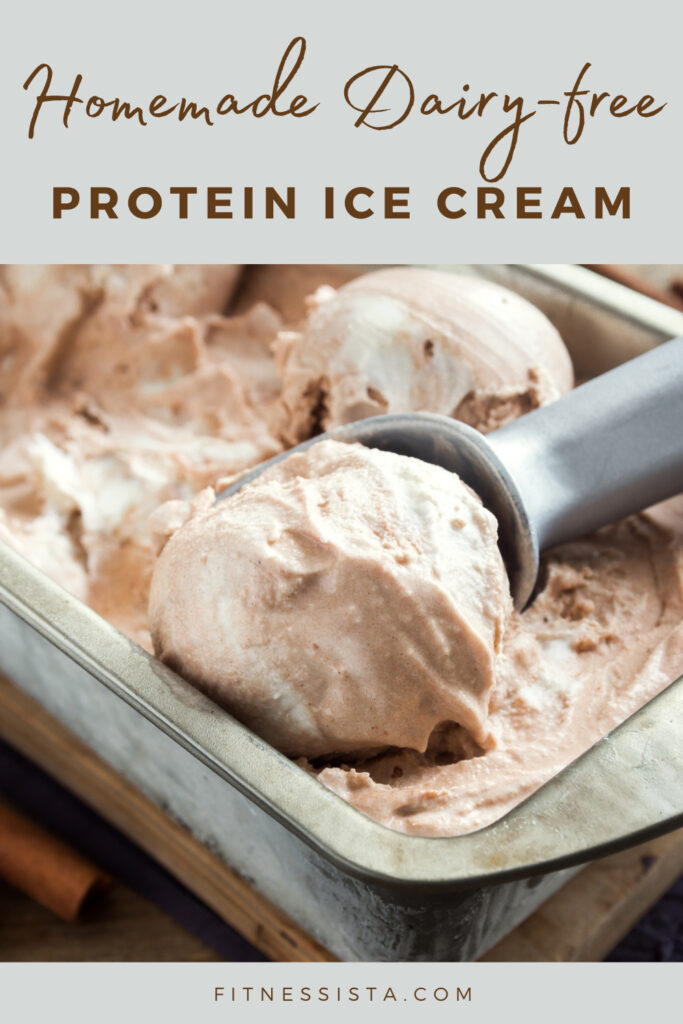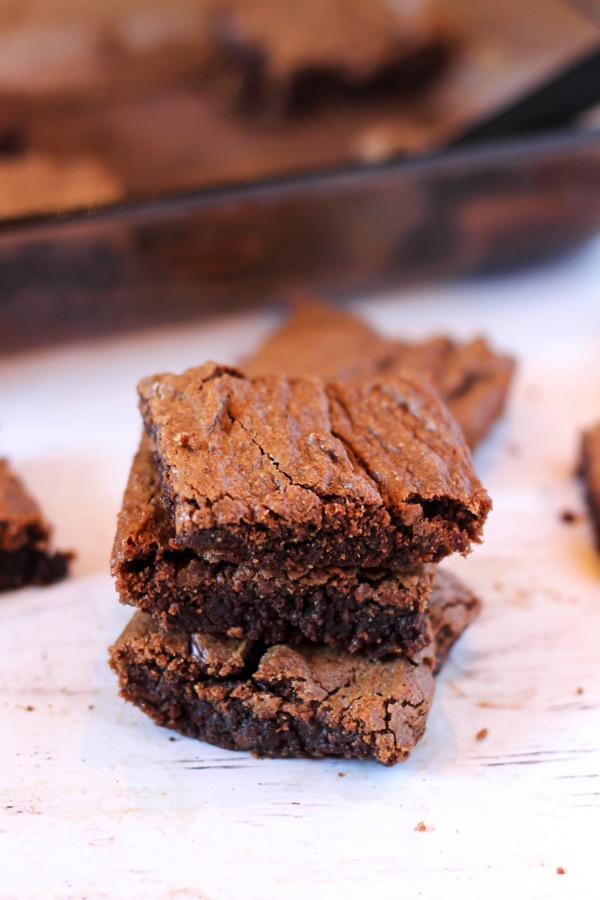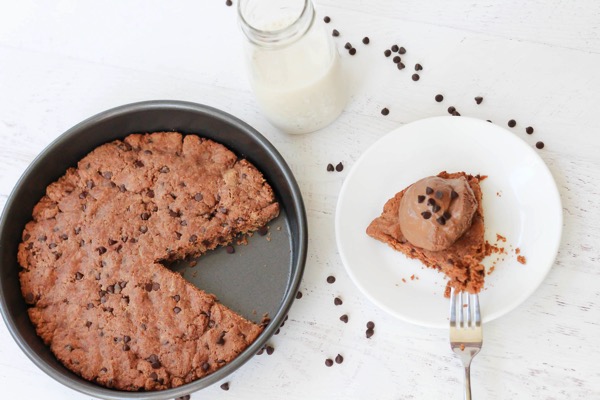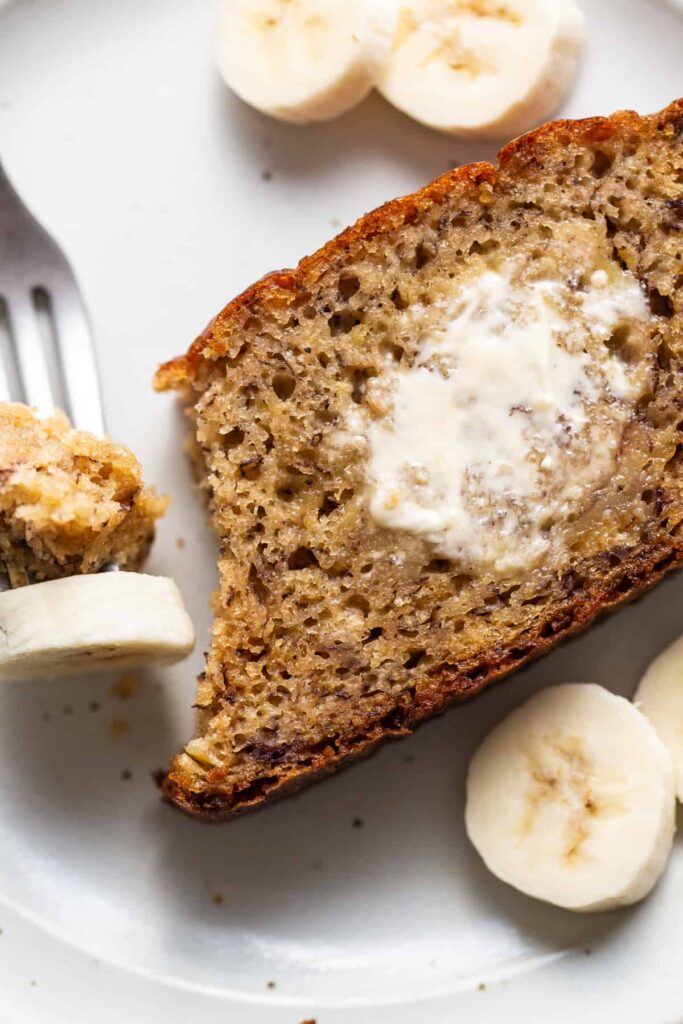Gut health is more than just a wellness buzzword. Over the past few years, probiotics (those friendly live bacteria) have gone from obscure supplements to daily essentials for many people. While we now know they support digestion, immunity, and skin health, one question continues to dominate the conversation: Do probiotics help you lose weight?
The short answer is, they can. But not in the way some marketing claims would have you believe. Instead of acting like a magic pill, probiotics impact weight indirectly through gut health, metabolism, appetite regulation, and more. This article aims to clear the confusion surrounding probiotics for weight loss, debunk myths, and help you make informed decisions. It will clear the air whether you are wondering which supplement to take or just exploring what works best for your body.
With so many probiotic supplements and “gut-healthy” foods on the market, it can be hard to separate science from marketing. That is precisely what we will do here. We will explore the science, the strains, the benefits, and the truth about how gut health is closely tied to fat loss and weight control.
What are Probiotics?
Probiotics are live microorganisms (mainly bacteria and some yeasts) that are beneficial for your health when consumed in the right amounts. They naturally reside in your gut and are also found in certain fermented foods and dietary supplements.
These good bacteria help maintain a balanced gut microbiome, which is essential for digestion, immune health, and even mood regulation. They work by colonizing the gut, preventing the growth of harmful bacteria, aiding in nutrient absorption, and producing beneficial compounds like short-chain fatty acids.
There are many different probiotic strains, and each one performs specific functions. Not all strains are effective for every health condition. That is why choosing the right type matters, especially when it comes to weight loss.
How Do Probiotics Work?
Probiotics influence various bodily functions by balancing the good and bad bacteria in your gut. They improve digestion, produce vitamins like B12 and K, and release enzymes that help break down food. More importantly, they affect the immune system, inflammation levels, and even hormone production. All these factors indirectly affect your body’s ability to gain or lose weight.
They also help your body absorb nutrients better and eliminate toxins more efficiently. When your gut is in good shape, your metabolism functions better, and your body is less likely to hold on to excess fat.
Gut Health and Weight Loss: What’s the Connection?
Your gut microbiome is a vast ecosystem of microbes in your digestive tract. It plays a significant role in weight regulation. Studies have shown that people with obesity tend to have a different composition of gut bacteria than those with moderate weight. In particular, they tend to have a higher ratio of Firmicutes to Bacteroidetes, two dominant bacterial families in the gut.
This imbalance can result in increased energy harvest from food, elevated fat storage, and higher levels of inflammation. Probiotics can help rebalance the gut microbiome by reducing inflammation and improving how your body processes food, regulates hormones, and stores fat.
Certain strains have been shown to increase levels of GLP-1 (a hormone that promotes satiety) and ANGPTL4 (a protein that reduces fat storage). That is why a healthy gut microbiome can make it easier to lose weight and reduce belly fat.
Can Probiotics Help You Lose Weight?
The idea that probiotics can support weight loss is becoming increasingly popular, but it is also misunderstood. While probiotics do not directly melt fat, they do influence several internal processes that may indirectly aid weight management.
These effects stem from their role in supporting a healthy gut microbiome, which is now being widely recognized as a key player in metabolic health, immune function, and even hormonal regulation. Let’s explore the specific mechanisms through which probiotics may contribute to weight loss.
1. Probiotics Enhance Gut Microbiome Balance
A balanced gut microbiome is essential for efficient digestion and nutrient absorption. When your digestive system is populated with a diverse mix of good bacteria, it functions more efficiently. As a result, it helps the body absorb essential nutrients without storing excessive fat. Certain strains, like Lactobacillus and Bifidobacterium, help maintain this balance by crowding out harmful bacteria. It supports a leaner metabolic profile and can help prevent weight gain linked to gut dysbiosis.
2. Appetite Regulation Through Hormonal Modulation
Probiotics may influence the secretion of hormones that control appetite and satiety. Studies suggest that they can boost the production of GLP-1 (glucagon-like peptide-1) and PYY (peptide YY)—hormones that signal fullness to the brain. When these hormones are released in higher quantities, you are less likely to overeat, making it easier to maintain a calorie deficit necessary for weight loss. This mechanism offers a subtle but effective way to control daily caloric intake.
3. Reduction in Systemic Inflammation
Chronic inflammation is often associated with obesity and metabolic syndrome. Probiotics can help reduce systemic inflammation by strengthening the intestinal lining and preventing harmful substances from leaking into the bloodstream, a condition known as leaky gut. By calming inflammation, probiotics support better insulin sensitivity and fat metabolism, both of which are critical for weight regulation.
4. Improved Insulin Sensitivity
Certain strains of probiotics may help reduce insulin resistance. Insulin resistance is a condition in which the body’s cells do not respond well to insulin, leading to elevated blood sugar levels and fat storage. When insulin sensitivity improves, your body becomes more efficient at utilizing glucose for energy instead of storing it as fat. Probiotics like Lactobacillus gasseri have shown promise in helping with this metabolic improvement.
5. Inhibition of Fat Absorption
Some research suggests that probiotics reduce the amount of dietary fat absorbed by the intestine. Instead of being stored in the body, a portion of this fat is excreted, leading to fewer calories being absorbed. This effect, though modest, can contribute to long-term weight management, especially when combined with a healthy diet.
While not a quick fix, probiotics create a healthier internal environment that supports weight loss when combined with a balanced diet and exercise.
Best Probiotics for Weight Loss: What Science Says
Not all probiotics are created equal. Some strains are better studied for weight-related outcomes than others. Here are some of the best probiotics for weight loss based on existing research:
- Lactobacillus gasseri SBT2055: Shown to reduce abdominal fat and BMI in several human studies.
- Lactobacillus rhamnosus: Linked to weight reduction, particularly in women.
- Lactobacillus plantarum LP28 and TENSIA: Shown to lower body weight and fat mass.
- Lactobacillus casei Shirota: May reduce BMI and improve cholesterol levels.
- Bifidobacterium animalis subsp. Lactis: Studied for fat reduction and anti-inflammatory benefits.
- Multi-strain combinations: Often more effective due to synergy between bacterial types.
Probiotics and Belly Fat: What You Need to Know
One of the most stubborn types of fat is visceral fat, which surrounds internal organs and is most commonly stored around the belly. Some probiotic strains have been shown to target this fat specifically.
Lactobacillus gasseri, for instance, has demonstrated consistent results in reducing waist circumference and belly fat in adults. While the effect is often modest, it becomes more significant when probiotics are taken over several weeks alongside a calorie-controlled diet and exercise.
How Probiotics Help with Weight Control
Weight control is about maintaining a physiological balance that supports metabolic health, appetite regulation, and fat distribution. Probiotics play a subtle but essential role in this equation. Let’s break down how probiotics contribute to ongoing weight control.
Enhancing Digestive Efficiency
Probiotics help break down food more effectively, ensuring better absorption of nutrients and energy from meals. Hence, they reduce the likelihood of undigested food lingering in the gut, which can lead to bloating, poor metabolism, and fat accumulation. A well-functioning digestive tract can also reduce cravings driven by nutritional deficiencies.
Regulating Fat Storage Mechanisms
Through their influence on gut-brain signaling and insulin responses, probiotics can reduce the likelihood of excess fat storage. For example, by supporting insulin sensitivity and regulating the hormone ANGPTL4 (angiopoietin-like 4), probiotics can inhibit the formation of new fat cells and promote the breakdown of existing fat deposits.
Maintaining Satiety and Cravings
The hormonal signals regulated by gut bacteria play a significant role in how full we feel and how often we crave food. Probiotics help modulate these signals, making it easier to control portion sizes and resist unhealthy snacking. It is crucial for weight maintenance, as small daily choices add up over time.
Supporting Mood and Motivation
Gut bacteria influence neurotransmitters like serotonin, which affect mood and emotional well-being. Since emotional eating is a significant obstacle in long-term weight control, maintaining a balanced gut environment may indirectly support better lifestyle choices by promoting a more stable and positive mood.
Counteracting the Effects of Yo-Yo Dieting
People who have lost weight often struggle with maintaining it due to metabolic adaptations and reduced microbial diversity. Probiotics help restore gut diversity post-weight loss, which can aid in keeping the weight off and maintaining a more stable internal environment. This makes probiotics a valuable tool in long-term weight control strategies.
Together, these mechanisms show that while probiotics alone are not a cure-all for weight issues, they provide essential support to the body’s natural weight regulation systems. When combined with a balanced diet, regular activity, and adequate sleep, probiotics can make a measurable difference in maintaining a healthy weight.
Probiotic Foods vs. Supplements: What Should You Choose?
While many probiotic strains occur naturally in foods like yogurt, kefir, kimchi, and sauerkraut, the potency and strain diversity may be limited. Supplements offer a more concentrated dose, often with multiple strains targeted for specific benefits.
That said, supplements should not replace food. They work best when combined with a high-fiber, plant-rich diet that includes prebiotics. Prebiotics are non-digestible fibers that feed good bacteria.
Why Supplementation May Be Necessary
Many probiotics found in food may not survive the acidic environment of your stomach. It limits their impact by the time they reach the intestines, where they are most beneficial. Probiotic capsules with enteric coatings or high CFU (colony-forming unit) counts can be more effective.
HealthifyMe’s Pre & Probiotic Capsules deliver 30 billion CFU and 100 mg of prebiotics, supporting gut health, skin clarity, and immunity. These capsules combine high potency with strains known for metabolic and digestive health.
Who Should Consider Probiotic Supplements?
Probiotic supplements can benefit those with:
- Digestive issues like bloating, IBS, or constipation
- High levels of inflammation
- A history of antibiotic use
- Difficulty losing weight despite exercise and diet
- Skin conditions like acne or eczema
If you fall into any of these categories, probiotics may help restore gut balance and improve your overall weight control strategy.
Things to Consider Before Taking Probiotics
Before choosing a probiotic, always:
- Check the strain specificity and its proven benefits
- Look for products with 10+ billion CFU per dose
- Make sure it includes both prebiotics and probiotics
- Read the label for third-party testing and shelf-stability
Also, remember: probiotics are not magic pills. Their real value comes through long-term use as part of a sustainable lifestyle change.
HealthifyMe Note
As health coaches, we often meet people who are excited to jump on the probiotic trend but are confused about whether it will “burn fat” or just regulate digestion. Our advice? Think of probiotics as foundational tools, not shortcuts. A well-balanced gut can improve everything from inflammation to mood to metabolism. If chosen wisely, supplements like Healthify Pre & Probiotic Capsules can absolutely support your weight loss goals, but only if you also listen to your body, eat mindfully, and stay active. Gut health is a journey, not a destination.
The Final Word
Probiotics may not melt away fat overnight, but their effect on gut health, metabolism, and inflammation makes them valuable allies in your weight loss journey. By promoting a balanced microbiome, they help your body work better, from digestion to fat storage and hormonal balance.
Among the wide range of products available today, HealthifyMe’s Pre & Probiotic Capsules stand out for their formulation, CFU strength, and added prebiotic support. They are a brilliant addition to a comprehensive plan that includes exercise, hydration, fiber-rich food, and sleep hygiene.
In the end, sustainable weight loss is less about magic pills and more about daily discipline. Let probiotics be one helpful tool in your arsenal, but not the only one. If you are confused, reach out to a Healthify Coach. Together, we can help you figure out what works for your body and your life.
Frequently Asked Questions (FAQs)
Q: Do probiotics help you lose weight?
A: Probiotics can indirectly help with weight loss by improving gut health, regulating metabolism, and reducing inflammation. They promote a more efficient digestive system and can influence appetite-regulating hormones, but they are not a direct fat-burning solution.
Q: What is the best probiotic for weight loss?
A: Strains like Lactobacillus gasseri, Lactobacillus rhamnosus, and Bifidobacterium animalis are among the most researched for weight loss. Products that offer multi-strain support and include prebiotics, such as HealthifyMe’s capsules, may deliver the best results.
Q: Can probiotics cause weight gain?
A: Generally, probiotics do not cause weight gain. However, because everyone’s microbiome is unique, some people might experience bloating or fluid retention initially. These effects are typically short-lived as your gut adjusts.
Q: Do probiotics help with belly fat?
A: Some strains, especially Lactobacillus gasseri, have shown positive effects in reducing visceral fat and waist circumference. While results are gradual, consistent intake alongside a balanced lifestyle can help target belly fat.
Q: Should I take probiotics daily for weight control?
A: Yes, consistency matters. Daily intake helps maintain gut balance and supports long-term weight control. However, always consult your healthcare provider before starting any new supplement routine.
Q: How do probiotics differ from prebiotics?
A: Probiotics are live bacteria that provide health benefits. Prebiotics are non-digestible fibers that feed these bacteria. Together, they create a healthy gut ecosystem essential for weight regulation.
Q: Is it better to get probiotics from food or supplements?
A: Food sources like yogurt and kimchi are great for general gut health, but supplements provide higher, more targeted doses, especially helpful for those with specific health or weight goals.
Q: Can probiotics replace diet and exercise for fat loss?
A: No. Probiotics support fat loss, but they do not replace the need for a healthy diet and regular exercise. Think of them as supportive tools rather than standalone solutions.
Research Sources
2. Probiotics for the Treatment of Overweight and Obesity in Humans—A Review of Clinical Trials
3. Use of probiotics in preventing and treating excess weight and obesity. A systematic review
4. Probiotics: How Effective Are They in the Fight against Obesity?
6. Role of Insulin in Health and Disease: An Update
9. Should you take a daily probiotic supplement?
10. Probiotics for the Treatment of Overweight and Obesity in Humans: A Review of Clinical Trials
11. From gut microbiota to host appetite: gut microbiota-derived metabolites as key regulators
13. Probiotics Interact With Lipid Metabolism and Affect Gut Health


















